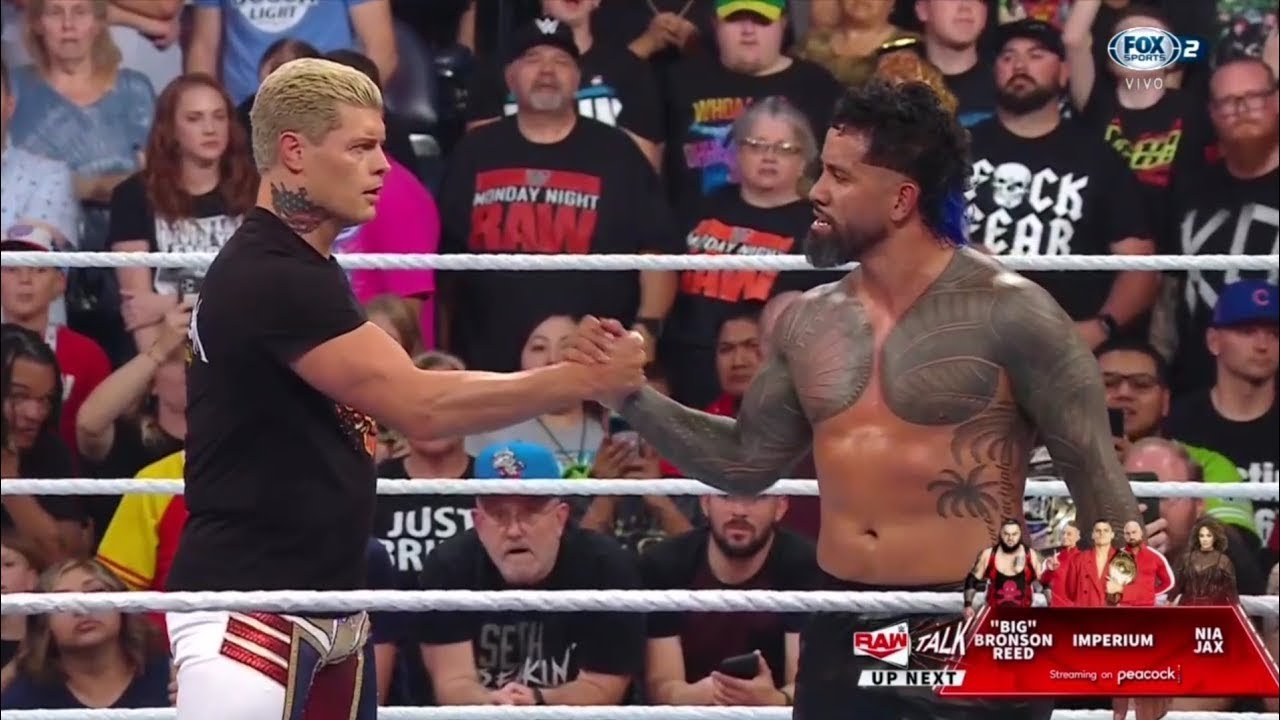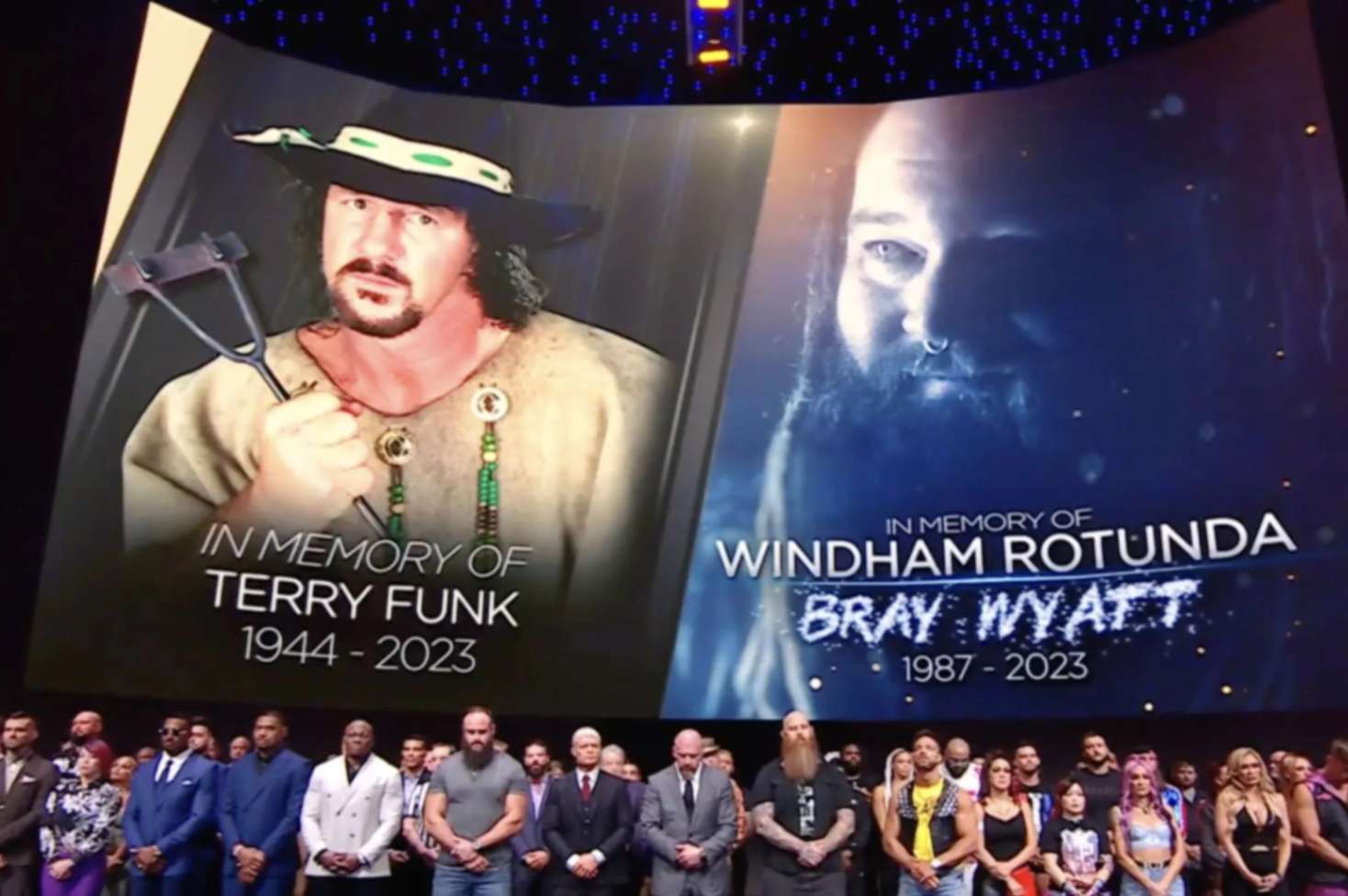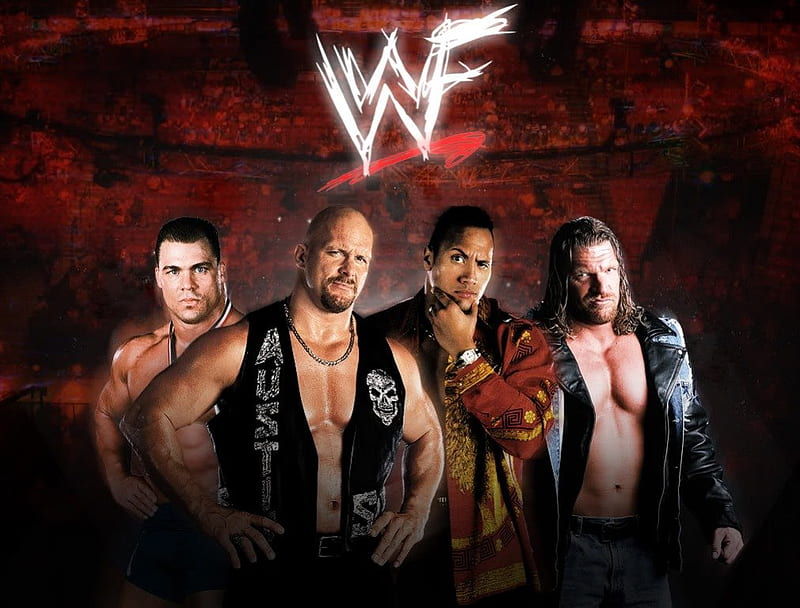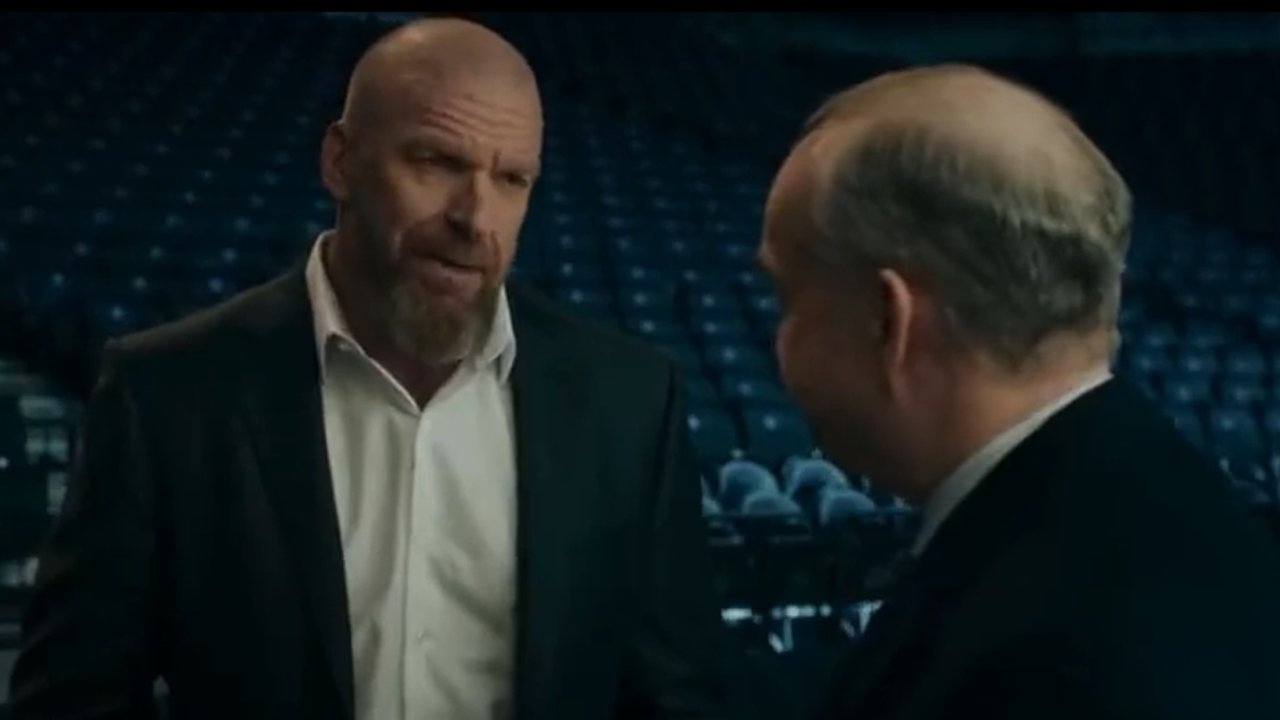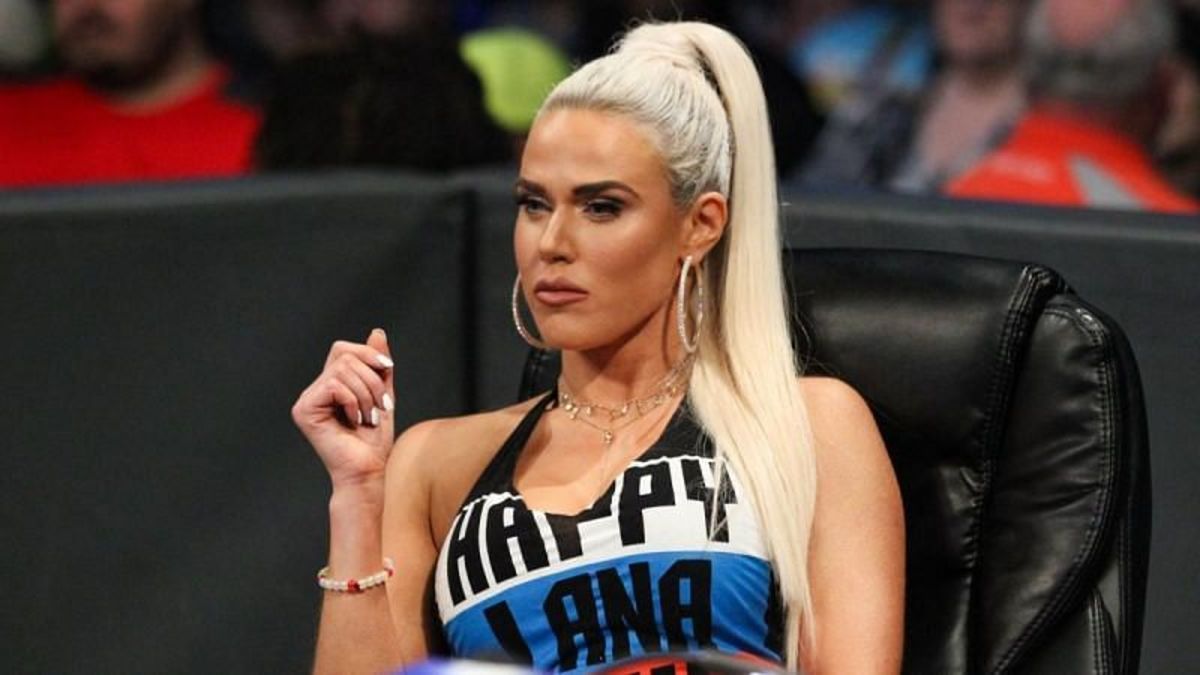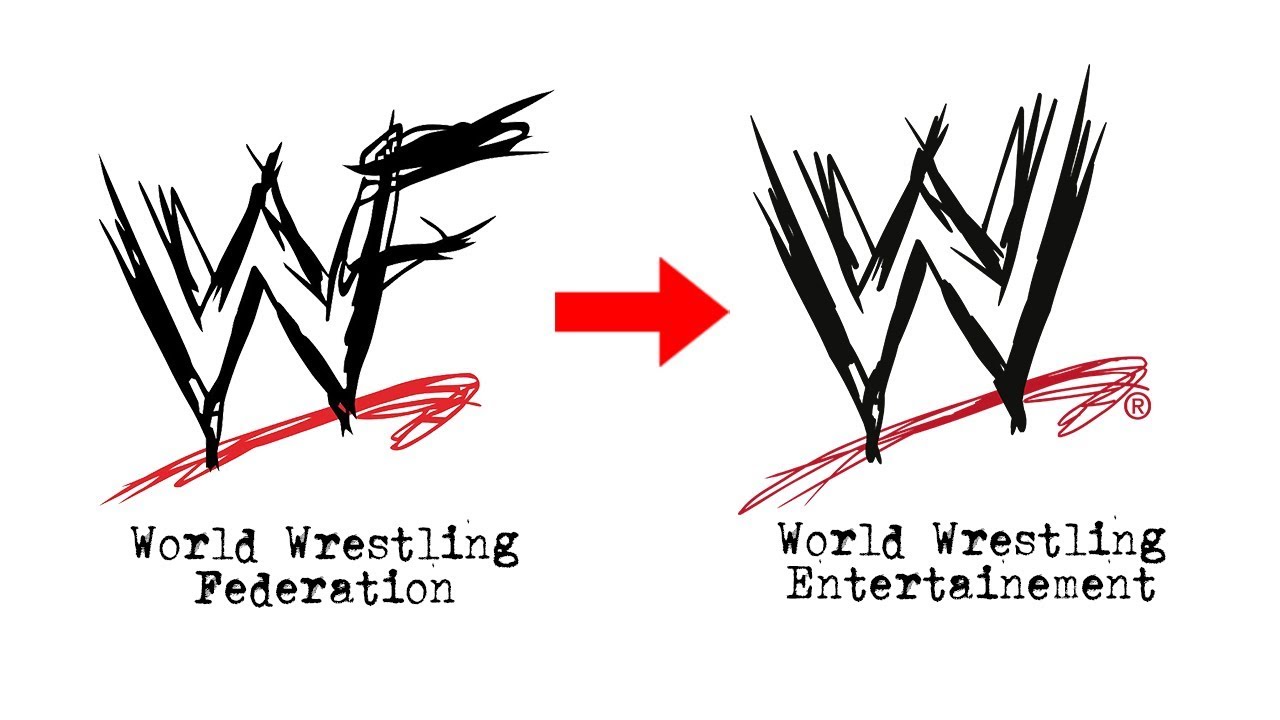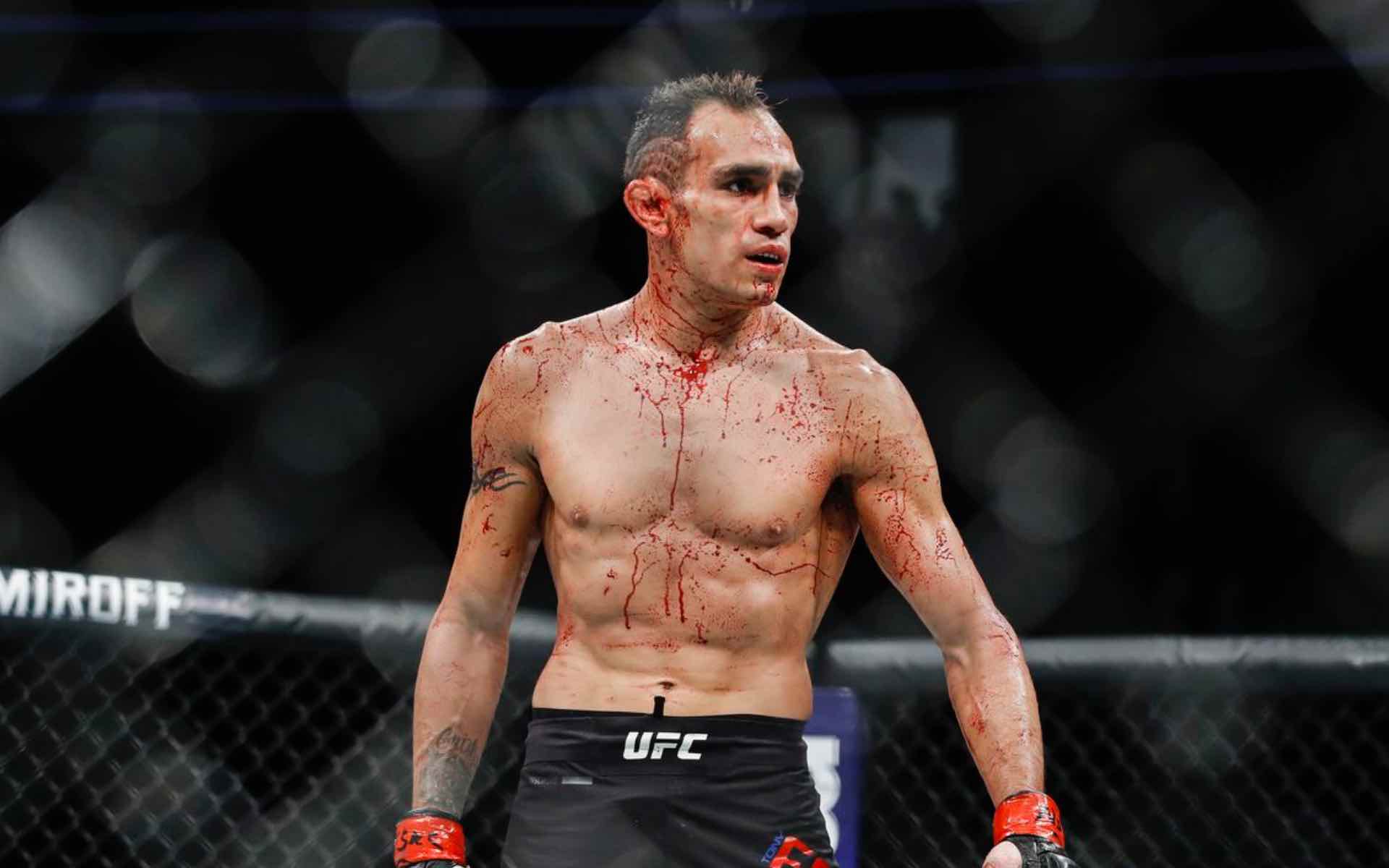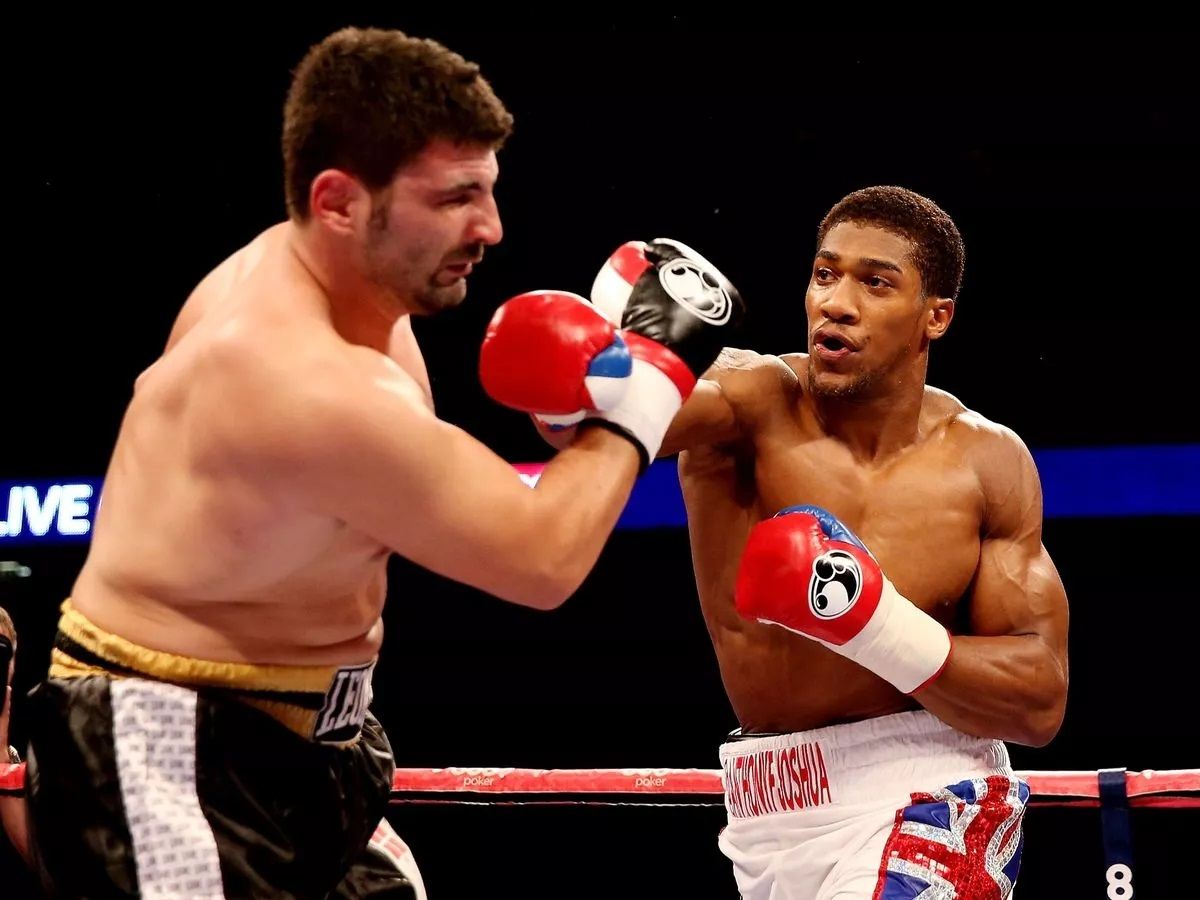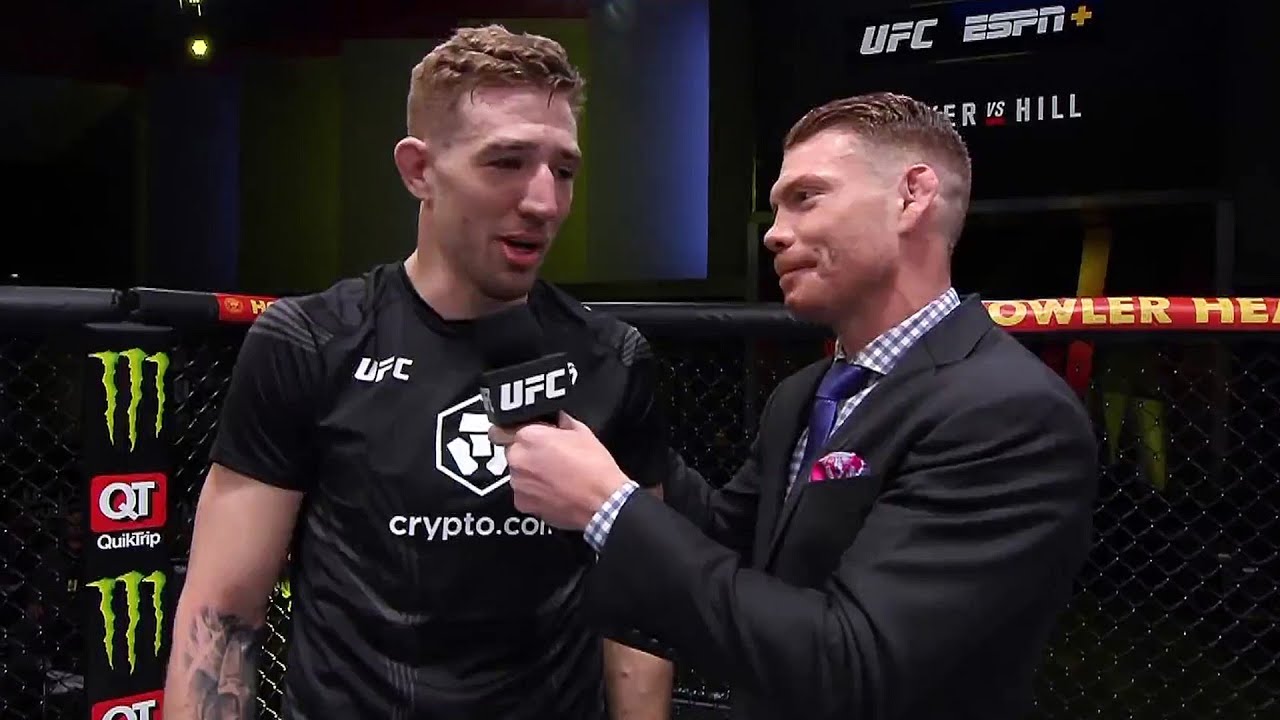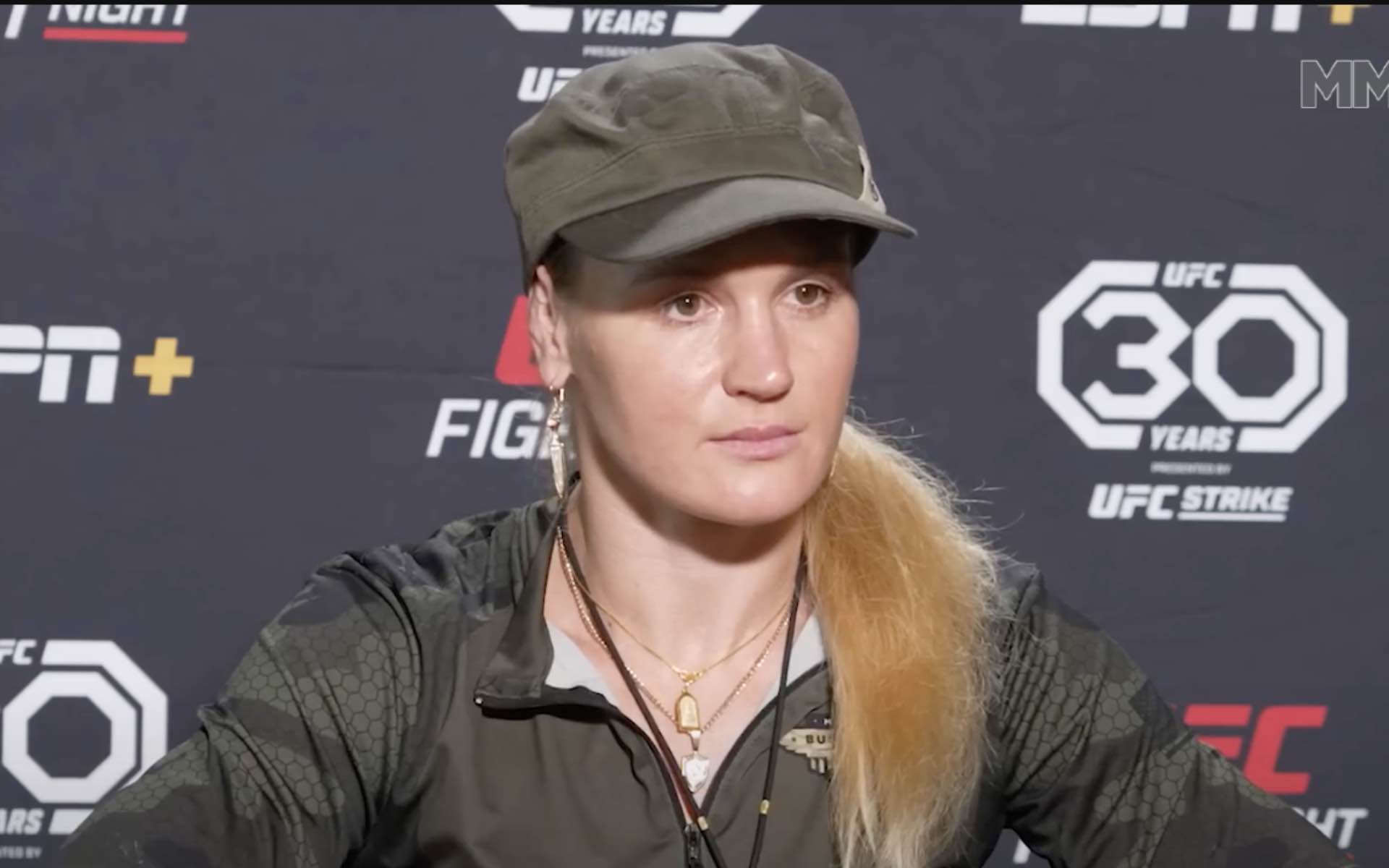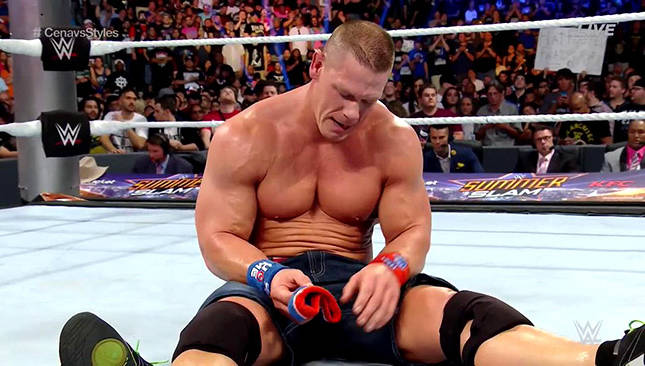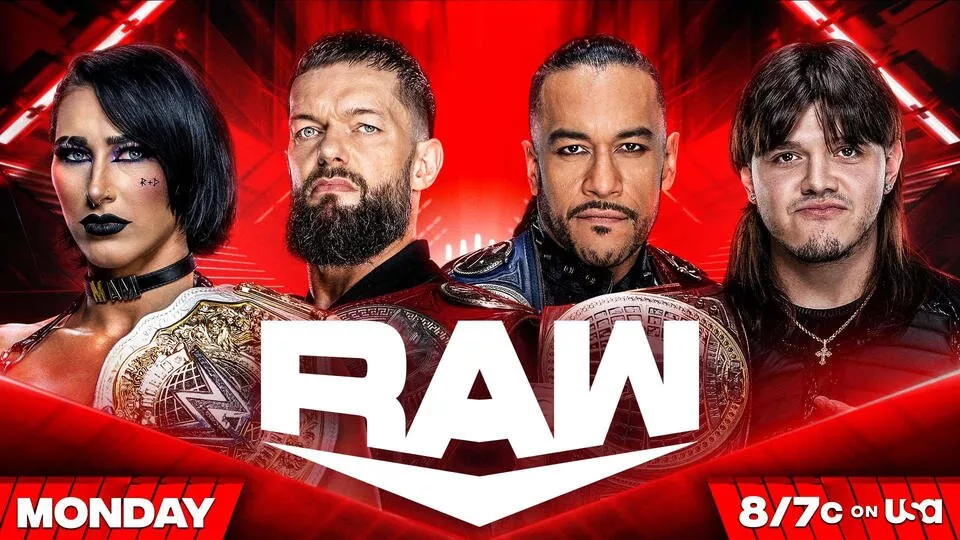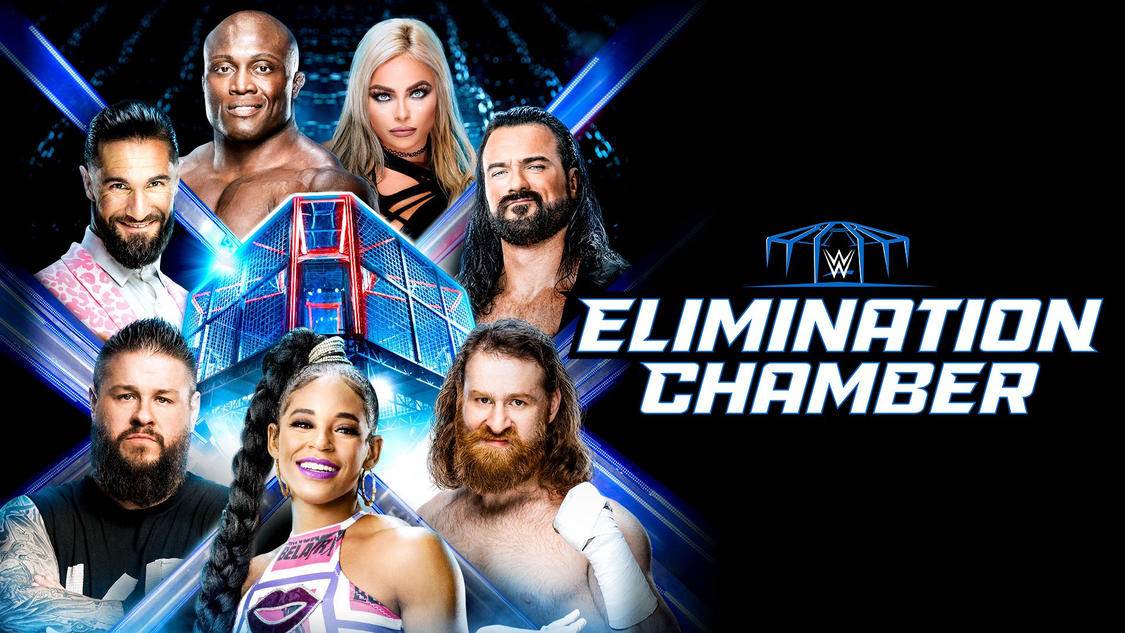WWE Superstars’ Transition To Hollywood: Successes And Challenges
Although the world of professional wrestling and Hollywood may seem worlds apart, it has turned out to be quite a natural transition for many WWE superstars. What gets wrestlers into the ring is an unusual mix of athleticism, charisma, and performance skills that can easily transition characteristically into acting. But don’t get it twisted—nothing about this transition comes easy, son. The following article focuses on their journeys to the land of Hollywood from WWE, highlighting the successes and many obstacles faced by WWE superstars in films.
The Appeal of Hollywood for WWE Superstars
What is the Skill Set Overlap?
These WWE superstars are not just athletes but performers. One needs to perfect the art of storytelling and character development for live performances across enormous audiences. This, therefore, will translate most into acting, whereby one expresses emotion, maintains consistency, and performs under pressure.
The Search for Longevity
The physical nature of professional wrestling can be overwhelming, and most superstars have to start looking for alternative careers as age catches up or they are on their way to recovery. Hollywood offers an opportunity for longevity that wrestling can’t provide. Acting allows these performers to continue to entertain without constantly putting their bodies in harm’s way.
The Desire for Broader Recognition
While WWE superstars enjoy fame within the wrestling community, moving into Hollywood opens up a greater amount of recognition and opportunities for them. Global outreach and the variety of roles offered by Hollywood are enormous when considering what can raise a wrestler’s profile beyond what professional wrestling ever could do.
Success Stories
Dwayne “The Rock” Johnson
No discussion of WWE Superstars in Hollywood would be complete without a mention of Dwayne “The Rock” Johnson. Probably the most successful wrestler-turned-actor, Johnson has turned into one of the highest-grossing and hottest actors working in Hollywood today. It all started when he appeared in some minor roles while still an active wrestler, but his breakout role came when he played the Scorpion King in “The Mummy Returns” in 2001 and its spin-off film “The Scorpion King” in 2002.
It’s that charisma, work ethic, and versatility that have led to a quite prolific career—leading men in major franchises like “Fast & Furious,” “Jumanji,” and the “DC Extended Universe” as Black Adam. His balancing act of purely action-oriented roles with the gentle touch of both comedy and drama helped seal his status as a legitimate star in Tinseltown.
Dave Bautista
The other famous wrestling superstar who made his way into Hollywood fame is Dave Bautista, more famous than Batista in the WWE world. In the beginning, Bautista took up marginal roles—he was featured briefly in 2013’s “Riddick” and right before that in 2012’s “The Man with the Iron Fists”—then came the giant leap into acting as Drax the Destroyer in Marvel’s “Guardians of the Galaxy” in 2014. His Drax radiated humor and poignant vulnerability, finding a straightway entry into audiences’ hearts and surrounding his credibility as an actor on all sides.
The titles since then in Bautista’s filmography have been prominent, including “Spectre” in 2015, “Blade Runner 2049” in 2017, and more recently, “Dune” in the works for 2021. It is his profound commitment to his craft and willingness to take on diverse roles in movies that earn him respect.
John Cena
One of WWE’s more recognizable faces, John Cena, has also made his way into Hollywood. It started with WWE-produced bit parts for Cena in films like “The Marine” in 2006 and “12 Rounds” in 2009, but made a breakthrough into Hollywood comedy through films like “Trainwreck” in 2015 and “Blockers” in 2018. By being able to play against type by embracing comedy, he charmed an entirely new audience.
The addition of Cena to “Bumblebee” in 2018 and his portrayal of Peacemaker in the movie “The Suicide Squad” in 2021, with a consequent leading role in the TV series spinoff of the same name, have considerably solidified his stance in Hollywood. He has been able to take on versatile roles, which proves his versatility and readiness to evolve as an actor.
The Process of Transitioning
Overcoming Typecasting
Thus, one of the stiffest challenges that WWE superstars encounter in moving to Hollywood is typecasting—many people, including audiences and casting agents. This will limit the kinds of roles handed out. The stereotypes are perpetuated to a great degree by the ground-working efforts of superstars like The Rock, Bautista, and Cena until they become established as actors and smash the mold of stereotypical action heroes.
Training and skill development
Whereas WWE superstars have a strong base in many transferable skills, acting is a specialized technique and discipline. Because very few professional wrestlers moving up to Hollywood venture onto movie screens without setting their valuable time aside for acting classes and workshops, one can quite quickly outline the steep route to gaining respect and credibility within this community—a journey requiring immense personal dedication.
Balancing wrestling and acting
The move into Hollywood is not gradual for many WWE superstars. Balancing the demands of the wrestling career and acting commitment is challenging. Scheduling conflicts, physical exhaustion, and keeping the body in shape for both call for excellent time management skills. In most cases, the superstars have to make tough decisions about where they put their energy and time.
Challenges That WWE Superstars Have Faced in Hollywood
Stereotyping and prejudices
Even with the successful transitions of various wrestlers, a stigma still lingers that goes along with being a professional wrestler. The wrestler may be perceived by some Hollywood insiders and people at large as a less severe actor. There exists a belief that all their acting skills consist of athletic and entertaining skills in fighting, which they carry from wrestling into acting. Overcoming these prejudices requires persistence and a commitment to proving one’s versatility and acting ability.
Physical Typecasting
Understandably, WWE superstars are likely to slip into the kinds of parts that underscore their bodily physique, namely, action heroes, villains, or bodyguards. While it can be an entry point, it allows them a narrow area for departing from typical character archetypes. Breaking out of those types of parts and becoming seriously considered for other things is difficult.
The learning curve
Acting in film and television requires different techniques and makes different demands than what a wrestler is training for in live wrestling performances. So, WWE superstars must learn the nuances of acting on screen: delivering lines, reacting to fellow actors, and multiple takes. The learning curve is steep. For wrestlers, the actor’s road to stardom is long and necessarily begins at the bottom.
Success Factors
Charisma and Work Ethics
The main reasons WWE stars impact Hollywood are their charisma and the work ethic they developed during their wrestling careers. For wrestling, one needs to connect an audience—most of the time in huge arenas—through TV screens. This ability to connect and entertain translates into acting. Most importantly, wrestlers develop a good work ethic from the training and harsh wrestling schedule, which works for them even in Hollywood.
Fanbase and marketability
Most WWE superstars come into the Hollywood scene with a developed fan base. Their popularity in wrestling can translate into box office success, which will have studios very interested in the marketability of these stars. This gives them a great advantage, and this ready-made fan base helps them attract roles and projects.
Willingness to Evolve
Successful WWE superstars in Hollywood are the ones who adapt and take risks. Diverse roles, moving outside their comfort zones, and acting-skill development can lead to long-term success. The likelihood of long-term success and finding thrills in Hollywood lies more with those who are bound to reinvent themselves and grow with the industry.
Case Studies of Successful Transitions
The Versatility of Dwayne “The Rock” Johnson
Dwayne Johnson’s career proves how the impersonation of versatility helps. Having started his acting career in action movies, he soon spanned across many other genres: comedy, drama, and family films. It is his versatility and the tendency to get involved with different genres that have made him one of the most bankable stars ever in Hollywood. His work ethic and attitude on set are faultless, too, building a reputation as a consummate professional.
Dave Bautista’s Commitment to Craft
Dave Bautista is an example of commitment to acting through his shift to Hollywood. High-pressure, prominent roles, such as in “Blade Runner 2049,” exemplify how those things kept him growing as an actor. The driving forces are constant hunger for improving the ability to act and not being afraid of various characters, earning him respect from critical circles for doing so.
John Cena’s Embrace of Comedy
John Cena’s turn toward the comedic points to the importance of working outside one’s type. By broadening his fan base by taking on comedic roles that gave the world a glimpse at a different side of his personality, Cena grew in appeal and gained newer fans. The ease with which he could blend comedy and action film roles made him, in a word, versatile and highly sought-after as an actor in Tinseltown.
Challenges and failures
Mistakes and lessons learned
All WWE superstars have not successfully done the translation to Hollywood. Some barely make it past getting started or have been hampered. For instance, Hulk Hogan tried his hand at Hollywood in the 1980s and 1990s with movies like “Suburban Commando” and “Mr. Nanny.” Despite such attempts, he was pretty much unsuccessful. His roles always capitalized on his wrestling persona, denying an audience the chance to see his versatility and depth.
Overcoming Setbacks
For many WWE superstars, it is a journey of setbacks and failures in Hollywood. But learning from this experience and adapting are key to long-term success. Superstars who continue to persevere, improve on in-ring or other relevant skills, and search for varied opportunities will likely move past early challenges and be successful.
The Future WWE for the Hollywood Superstars
Emerging Talent
With WWE still churning out charismatic and talented performers, superstars are increasingly taking advantage of such opportunities in Hollywood. Up-and-coming talent like Becky Lynch—involved not so long ago in “The Marine 6: Close Quarters”—and Sasha Banks—featured in “The Mandalorian”—is making the trend of WWE’s superstars finding work in Hollywood not go away anytime soon.
Evolving Opportunities
The entertainment industry evolves minute by minute; new openings are obvious for WWE superstars. Streaming platforms, independent movies, and television series offer a variety of exciting roles through which wrestlers could prove themselves and move their careers beyond wrestling into even wider dimensions.
The Ongoing Legacy
The legacy of WWE superstars has been resilience, adaptability, and eventual success attained in Hollywood. As more wrestlers make their way into acting, they carry on a foundation built by pioneers like The Rock, Bautista, and Cena. Their successes and challenges act as both inspiration and guides for future generations of WWE superstars.
Conclusion: The Dual Legacy of WWE and Hollywood
The road from WWE to Hollywood is teeming with opportunities and uncertainties. Though WWE superstars bring exceptional brands of skills and very dedicated fan bases into entertainment, they have to fight typecasting prejudices and become masters at a new craft. Of course, this list of successes that comes alongside names like Dwayne Johnson, Dave Bautista, and John Cena goes on to show that the chance indeed does exist for any WWE superstar to do well in Hollywood through versatility, commitment, and a willingness to evolve. As the entertainment world changes, so will, most likely, WWE superstars—attached to the new roads of Hollywood—extending forth a legacy built on the many trailblazers who have helped clear that pathway. Their journeys speak as much to the timelessness of good storytelling, whether inside the squared circle or on celluloid, as they do to the nameless, primary human drive to entertain and inspire masses worldwide.

